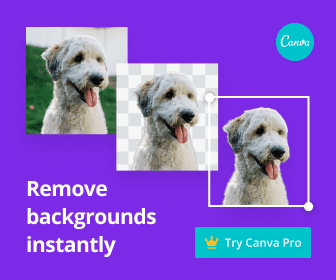As a consultant in the digital marketing sphere, one of the most frequent inquiries I receive from clients revolves around the execution of giveaways on platforms like YouTube. They’re eager to leverage these promotions to amplify their brand presence and engage their audience, but they may or may not be acutely aware of the legal nuances involved. This article aims to demystify the fine line between hosting a compliant giveaway and inadvertently stepping into lottery territory—a distinction that’s crucial for maintaining both the legality and integrity of your promotional efforts.
Giveaways on YouTube and other social platforms have become a popular method for creators to engage with their audience, rewarding loyalty and attracting new followers. However, when these giveaways require a purchase, such as buying merchandise for an entry, they may inadvertently cross into lottery territory, subjecting them to a myriad of legal regulations. This article delves into the distinctions between legal giveaways and lotteries and highlights YouTube’s stance on such promotions.
As always, I recommend that you contact your legal council as the rules and regulations can vary from state to state and country to country. It’s my hope that this article provides a starting point for you.
At the heart of the matter is the distinction between a giveaway (often termed a “sweepstake” in legal terminology) and a lottery. A giveaway is a promotional drawing in which prizes are given away at no charge to the participants. Winners are chosen at random, but crucially, no purchase is necessary to enter or win.
Conversely, a lottery includes three key elements: a prize, a chance, and consideration (usually in the form of a payment or purchase requirement). When a giveaway stipulates that buying merchandise or any form of payment is a prerequisite for entry, it transforms into a lottery. This distinction is crucial because lotteries are illegal unless run by a state or country’s government and are subject to strict regulations in most jurisdictions.
The transition from a giveaway to a lottery can have significant legal ramifications for content creators. Most countries and states heavily regulate or outright ban non-governmental lotteries. This regulation is due to the potential for fraud and other abuses, as well as the desire to protect vulnerable individuals from gambling-related harm. Creators who run such promotions may find themselves facing fines, legal action, and damage to their reputation.
YouTube, aware of the potential legal complexities, has set forth guidelines for creators running giveaways. The platform emphasizes the importance of adhering to local laws and regulations, explicitly stating that the creator is responsible for their contest’s lawful operation. YouTube advises against requiring a purchase for entry, thus steering clear of turning giveaways into lotteries.
For detailed guidelines, creators and participants alike can refer to YouTube’s official terms for contests and giveaways at YouTube’s Contest Policies and Guidelines.
To ensure compliance and maintain the integrity of giveaways, YouTube recommends several best practices, including:
- Clearly stating the rules, terms, and eligibility requirements.
- Offering free entry to all participants to avoid the definition of a lottery.
- Ensuring transparency about how winners are chosen and prizes are distributed.
While giveaways are a fantastic way to engage with viewers and grow a YouTube channel, it is vital for creators to navigate these waters carefully to avoid the legal pitfalls of unintentionally hosting a lottery. By following YouTube’s guidelines and ensuring a clear separation between paid entries and free participations, creators can continue to foster community spirit without risking legal repercussions.
There is a ton of information in this video “Illegal Influencer Giveaways”

